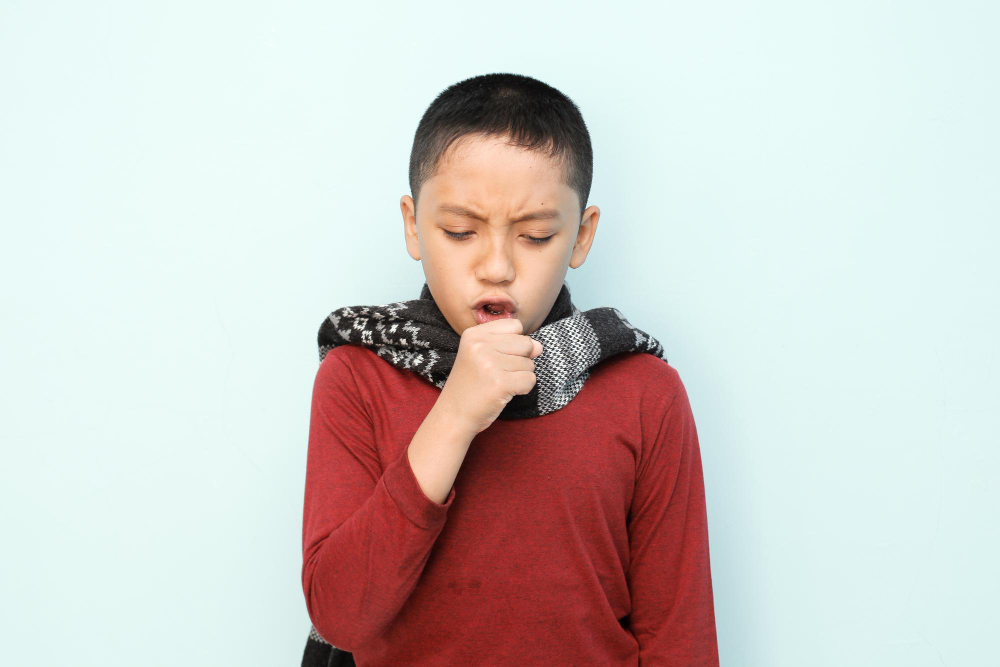Bronchitis in children is a common illness that affects the airways in the lungs. Many parents worry when they notice childhood bronchitis symptoms like coughing or wheezing. Because pediatric bronchitis treatment and preventing bronchitis in kids are important, it helps to know the signs and steps to take. This guide will explain what bronchitis is, how to spot it, and what you can do to help your child recover quickly and stay healthy.
What is Bronchitis in Children?
Bronchitis in children happens when the tubes that carry air to the lungs become swollen. These tubes are called bronchi. When they get irritated, it becomes hard for your child to breathe easily. Usually, bronchitis is caused by a virus, but sometimes bacteria can cause it too. Most cases are mild and go away on their own. However, some children may need extra care, especially if they have asthma or other lung problems.
Common Symptoms of Bronchitis in Children
It is important to recognize the signs of bronchitis early. This way, you can help your child feel better sooner. The most common symptoms include:
Sometimes, symptoms can last for a few weeks. But if your child has trouble breathing or a high fever, seek medical help right away.
Causes and Risk Factors
Most often, viruses cause bronchitis in children. For example, the same viruses that cause colds or the flu can also lead to bronchitis. Less often, bacteria may be the cause. In addition, certain factors can increase your child’s risk:
Because young children have smaller airways, they are more likely to get bronchitis than adults.
How Bronchitis is Diagnosed in Children
Doctors use several steps to diagnose bronchitis in children. First, they will ask about your child’s symptoms and health history. Next, they will listen to your child’s chest with a stethoscope. Sometimes, they may order a chest X-ray to rule out pneumonia. In rare cases, a doctor may do a test to check for bacteria or viruses. Usually, no special tests are needed if your child’s symptoms are mild.
Treatment Options for Pediatric Bronchitis
Most cases of bronchitis in children get better without special medicine. Because viruses cause most cases, antibiotics are not usually needed. However, your doctor may suggest:
Sometimes, if your child has asthma, the doctor may recommend inhalers or other medicines. Always follow your doctor’s advice for pediatric bronchitis treatment.
Home Care and Lifestyle Tips
There are simple steps you can take at home to help your child recover. For example:
Because coughing can last for a while, remind your child to cover their mouth and wash hands often. This helps prevent the spread of germs.
Preventing Bronchitis in Children
Prevention is always better than cure. To lower your child’s risk of bronchitis, try these tips:
Because children are exposed to many germs at school or daycare, these steps can make a big difference.
When to See a Pediatrician
Most cases of bronchitis in children are mild. However, you should contact your child’s doctor if you notice:
Early medical care can help prevent complications and keep your child safe.
Consult a pediatrician for personalized advice if your child shows symptoms of bronchitis.

